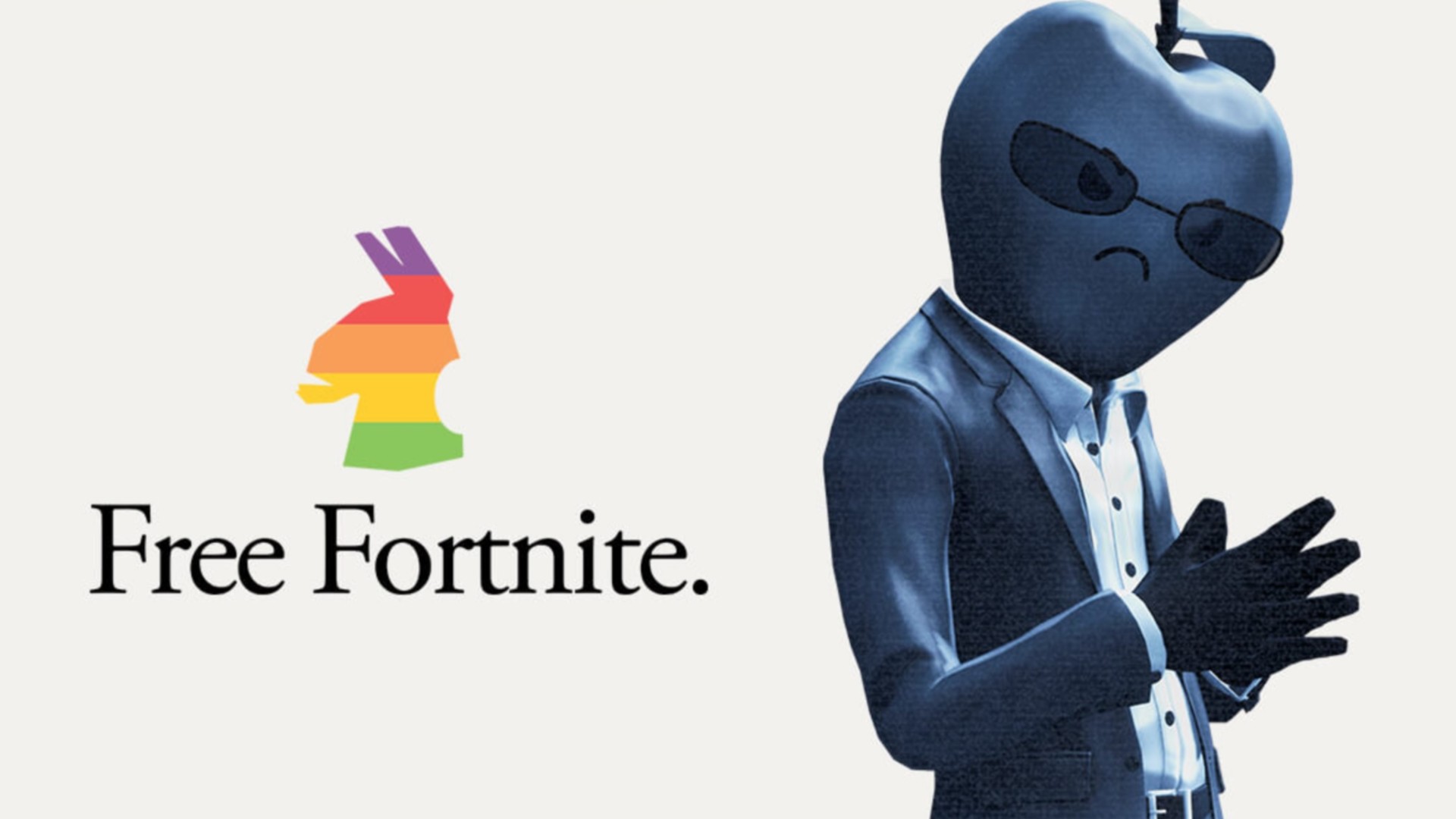Apple fires back at Epic with countersuit that demands punitive damages
Apple says Epic's lawsuit is just a 'disagreement over money.'

In August, Epic Games launched a lawsuit against Apple, saying that its insistence that app developers use the iOS App Store's built-in payment system, which gives Apple a 30 percent cut of all revenues, amounts to "monopolistic practices." It also sought, and was granted, a restraining order preventing Apple from blocking its access to Apple accounts for Unreal Engine development, although a request to force Apple to return Fortnite to the store was rejected.
Today, Apple fired back with a countersuit (via Polygon) in which it says that Epic's suit "is nothing more than a basic disagreement over money" that followed a failed effort to reach a side deal aimed at exempting the studio from obligations.
"Although Epic portrays itself as a modern corporate Robin Hood, in reality it is a multi-billion dollar enterprise that simply wants to pay nothing for the tremendous value it derives from the App Store," the suit opens. "Epic’s demands for special treatment and cries of 'retaliation' cannot be reconciled with its flagrant breach of contract and its own business practices, as it rakes in billions by taking commissions on game developers’ sales and charging consumers up to $99.99 for bundles of 'V-Bucks'."
The countersuit includes language used in Apple's motion opposing Epic's request for a restraining order, repeating the contention that Epic was happy to take advantage of "the tools, technology, software, marketing opportunities, and customer reach" available through the App Store, which has grown into a massive, diverse marketplace "as a direct result of Apple's investments."
But after Epic's attempts to reach a special deal fell through, it says, the studio "resorted to self-help and subterfuge," including both an update to Fortnite that enabled users to buy V-Bucks directly from Epic, and "a calculated and pre-packaged campaign against Apple 'on a multitude of fronts—creative, technical, business, and legal,' as [Epic CEO Tim] Sweeney had previously threatened."
"Apple is not a monopolist of any relevant market. Competition both inside and outside the App Store is fierce at every level: for devices, platforms, and individual apps," the countersuit states. "Fortnite users can dance their Floss, ride their sharks, and spend their V-Bucks in no fewer than six different mobile, PC, and game-console platforms.
"The business practices that Epic decries as exclusionary and restrictive—including 'technical restrictions' on the App Store that have existed since it debuted in 2008—have vastly increased output and made the App Store an engine of innovation, with the number and diversity of apps, the volume of app downloads, and the dollars earned by app developers increasing exponentially over time. All the while, Apple’s commission only decreased while software prices plummeted and barriers to entry evaporated."
Keep up to date with the most important stories and the best deals, as picked by the PC Gamer team.
There are point-by-point responses to the allegations in Epic's initial lawsuit (read about Epic's side of things here) if you're into that kind of thing, but the bottom line is that Apple wants Epic to be found in breach of contract and liable for intentional and negligent interference with Apple’s prospective economic advantage, among other things. It's seeking "compensatory damages, punitive damages, attorney’s fees, and interest," as well as a permanent injunction against the operation of an external payment system in Fortnite.
"Epic fired the first shot in this dispute, and its willful, brazen, and unlawful conduct cannot be left unchecked. Neither Mr. Sweeney’s self-righteous (and self-interested) demands nor the scale of Epic’s business can justify Epic’s deliberate contractual breaches, its tortious conduct, or its unfair business practices," the suit says. "This Court should hold Epic to its contractual promises, award Apple compensatory and punitive damages, and enjoin Epic from engaging in further unfair business practices."
The case between Epic and Apple is scheduled to resume on September 28.

Andy has been gaming on PCs from the very beginning, starting as a youngster with text adventures and primitive action games on a cassette-based TRS80. From there he graduated to the glory days of Sierra Online adventures and Microprose sims, ran a local BBS, learned how to build PCs, and developed a longstanding love of RPGs, immersive sims, and shooters. He began writing videogame news in 2007 for The Escapist and somehow managed to avoid getting fired until 2014, when he joined the storied ranks of PC Gamer. He covers all aspects of the industry, from new game announcements and patch notes to legal disputes, Twitch beefs, esports, and Henry Cavill. Lots of Henry Cavill.

